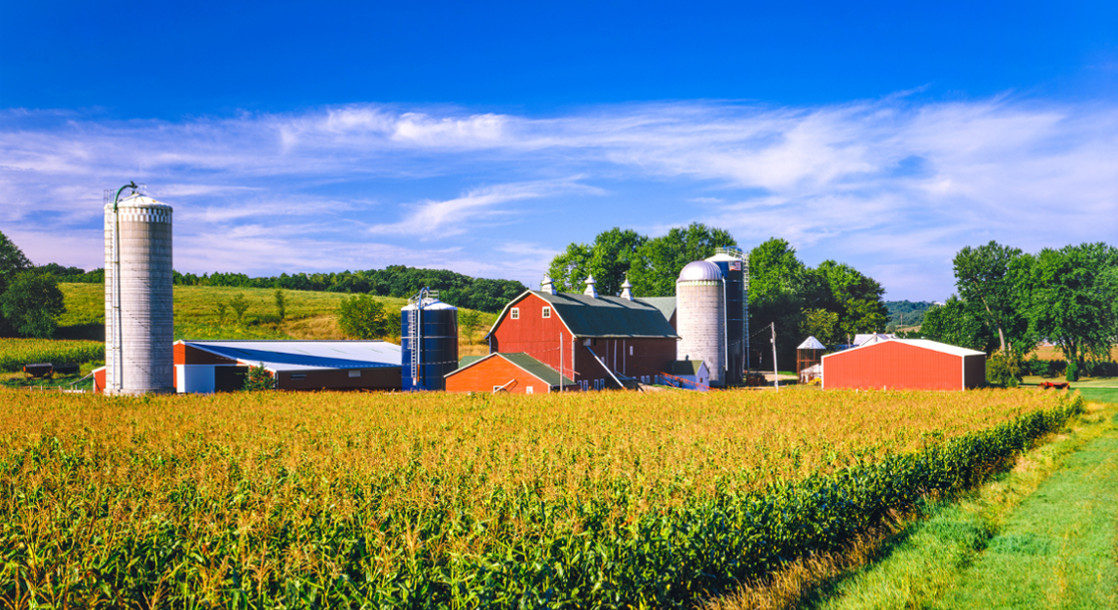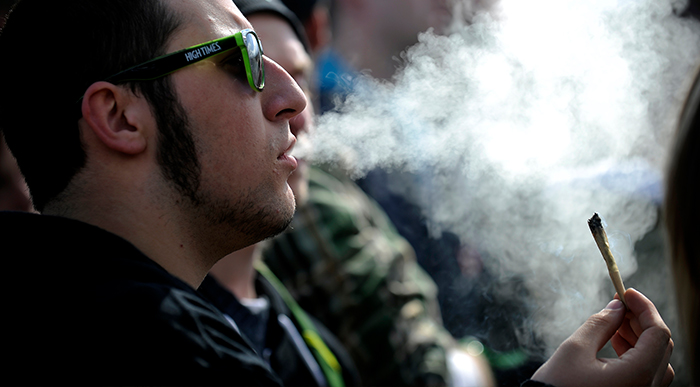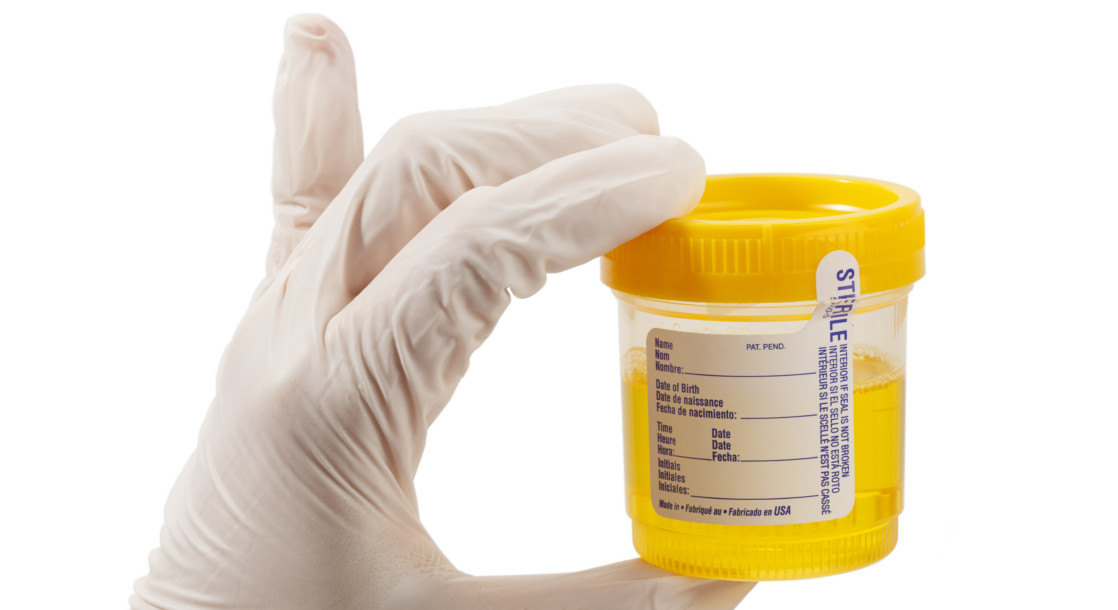Photo via iStock/ Ron_Thomas
This week, the Iowa Department of Public Health announced that it has granted the state's first-ever medical cannabis dispensary licenses. Health department officials received a total of 21 dispensary applications by the deadline of March 9th, and have approved five of them so far, while denying another six. Department of Public Health Deputy Director Sarah Reisetter said that the committee which judged the applications based their decisions in part on the dispensaries' proposed locations, because state law requires that dispensaries are spread evenly throughout the state.
Iowa legalized medical marijuana in 2014, but it has been an uphill battle to get this medicine to the patients who need it. The original bill allowed patients suffering from epilepsy to use CBD-based treatments, but did not legalize the manufacture of these medicines in the state. Federal law prohibits all forms of cannabis from being shipped across state lines, leaving patients with no way to legally access the medicine.
Last spring, state lawmakers passed last-minute legislation allowing up to two manufacturers to grow and process cannabis within the state. At the same time, legislators passed a second bill expanding the list of qualifying conditions to include Parkinson's disease, cancer, AIDS, Crohn's disease, and several other serious ailments. The law continues to strictly regulate the kinds of medical cannabis products that can be sold, however. Edibles and smokable cannabis are banned in the state, as are any cannabis products containing THC levels higher than 3 percent.
Last fall, the state health department granted one business a license to cultivate and process medical cannabis within the state. MedPharm Iowa is currently in the process of setting up a $10 million facility in Des Moines, and will be the sole provider of medical cannabis for the state's new dispensaries, which are expected to open this December.
Other states with similarly restrictive medical cannabis laws and limited numbers of producers have found themselves running into supply chain problems. In Pennsylvania, the state's dispensaries found their shelves stripped bare within weeks of opening, as the single cultivator operating in the state was unable to produce enough product to meet the strong demand for medical cannabis. The medical marijuana industry in Louisiana may end up facing the opposite problem, where the state's laws are so strict that dispensaries fear they may not be able to sell enough product to stay afloat.
Iowa's medical cannabis industry leaders are pushing for additional expansions to the state's laws in order to ensure that they can avoid both of these problems. MedPharm executive Lucas Nelson said that his company has been lobbying state lawmakers to further expand the list of qualifying conditions as well as legalize the sale of products with higher THC levels. “We believe in what the medicine does, and we believe in where this is headed for the state,” Nelson said to the Des Moines Register.











